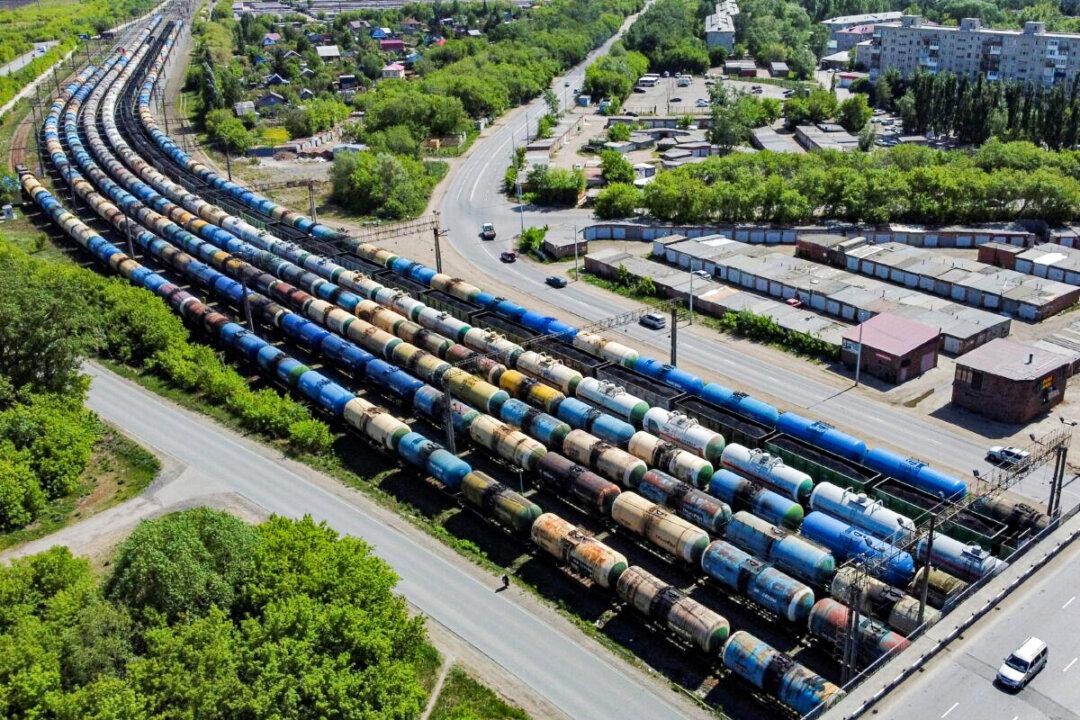LONDON—Oil slipped on Friday after OPEC+ decided to increase production targets by slightly more than planned, although tight global supply and rising demand as China eases COVID-19 restrictions limited the decline.
The Organization of the Petroleum Exporting Countries and allies, or OPEC+, on Thursday, increased their output boost to 648,000 barrels per day (bpd) in July and August rather than 432,000 bpd as previously agreed.





